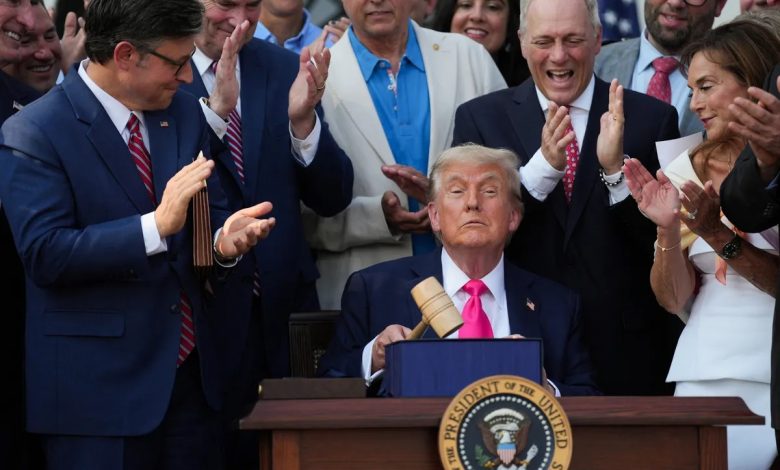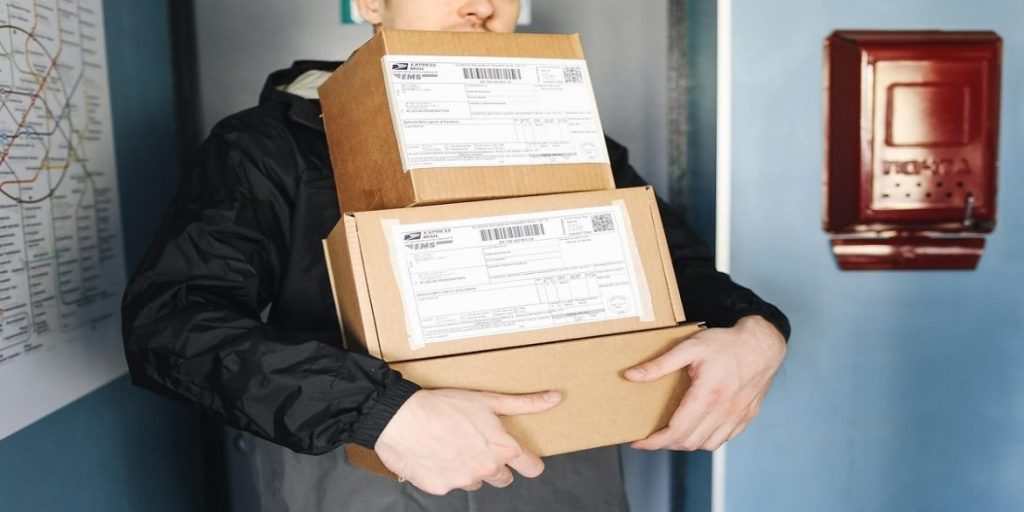Global Postal Services Suspend Shipments to the U.S. After Trump Ends De Minimis Rule
Over 20 countries halt parcel deliveries to the United States as small businesses brace for rising costs and disrupted supply chains.

National postal authorities in more than 20 countries worldwide have announced the temporary suspension of most parcel shipments to the United States. The decision follows President Donald Trump’s enforcement of a new policy ending the “de minimis” exemption, which since 2016 had allowed goods valued under $800 to enter the U.S. without duties, taxes, or lengthy customs inspections.
The rule takes effect on August 29, sparking confusion among small and medium-sized businesses that had relied heavily on the exemption to deliver products to the U.S. market at low cost and with minimal bureaucracy.
According to the White House, ending the exemption is intended to “stop the exploitation of global shipments using this loophole to evade U.S. tariffs, inspections, and regulations.” Officials noted that the number of parcels benefiting from the policy had skyrocketed in less than a decade.

Global Shipping to U.S. Disrupted
Data from U.S. Customs and Border Protection shows that more than 1.36 billion packages worth $64.6 billion entered the U.S. last year under the system—compared to only 134 million packages in 2015.
In response to the new rules, several countries—including Australia, France, Germany, Japan, the United Kingdom, India, Italy, Sweden, Spain, and Switzerland, along with more than a dozen others—announced the suspension of commercial parcel shipments to the U.S. For now, services remain available only for letters, documents, and low-value gifts.
Australia Post was among the first to pause shipments. Its executive, Gary Starr, described the situation as “regrettable but necessary”, citing a lack of clarity regarding the new U.S. customs procedures.
This development is expected to have far-reaching consequences for global e-commerce and supply chains, particularly for small businesses, which may now face higher costs or be forced to find alternative routes to reach the American market.



